PRODUCTOS DESTACADOS
Fasting has grown increasingly popular as a health strategy, with practices ranging from intermittent fasting to longer-term fasting protocols. As people explore different methods, a common question arises: Can you drink sparkling water while fasting? On the surface, the answer may seem simple, but a closer look reveals various nuances related to fasting, metabolic processes, and how carbonated beverages interact with the body. In this article, we’ll dive deep into the question, offering insights into whether or not sparkling water can be part of your fasting routine.
What is Fasting and Why Do People Fast?
Fasting involves abstaining from food (and sometimes drink) for a set period of time. It has been practiced for centuries for religious, cultural, and health reasons. Today, fasting is commonly used for weight management, detoxification, and improving metabolic health. The most popular forms of fasting include:
Intermittent Fasting (IF): A cycle of eating and fasting, such as the 16/8 method (fast for 16 hours, eat during an 8-hour window).
Extended Fasting: Longer fasts lasting 24 hours or more, typically for detox or therapeutic purposes.
The central principle behind fasting is that by restricting caloric intake, the body enters a state of ketosis or fat-burning, which can lead to improved insulin sensitivity, increased fat loss, and potentially even cellular repair processes.
The Role of Water During Fasting
Water is the cornerstone of any fasting routine. Whether you’re doing intermittent fasting or extended fasting, hydration is crucial to maintaining bodily functions. Plain water, in particular, is usually encouraged because it doesn’t contain calories, sugar, or other compounds that could disrupt the fast.
But What About Sparkling Water?
Sparkling water, or carbonated water, is simply water infused with carbon dioxide gas, which creates bubbles. It comes in many varieties: plain, flavored, or sweetened. Let’s break down whether sparkling water fits within the context of fasting.
1. Does Sparkling Water Break a Fast?
For most fasting protocols, the goal is to avoid anything that will break your fasted state—particularly anything that introduces calories or affects insulin levels.
Plain Sparkling Water:
Plain sparkling water, without added sugars or artificial sweeteners, contains zero calories and no macronutrients (carbohydrates, fats, proteins). As such, it won’t break a fast in the traditional sense. It doesn’t impact insulin levels significantly, which means it’s typically considered safe to drink while fasting.
Flavored Sparkling Water:
This is where things get a little trickier. Many flavored sparkling waters contain artificial sweeteners, sugars, or other additives. These ingredients can provoke a taste response in your body, and some research suggests that even non-caloric sweeteners may trigger an insulin release or interfere with the fasting process in some individuals. However, the extent of this effect is still debated among experts.
Sweetened Sparkling Water:
If you’re drinking sparkling water that contains sugar, honey, or any form of sweetener, then it will almost certainly break your fast. Sweeteners contribute calories and can spike insulin, potentially halting fat-burning processes and defeating the purpose of your fast.
2. Does Sparkling Water Help or Hinder Digestion During a Fast?
Sparkling Water and Digestion:
Some people find that the carbonation in sparkling water can aid digestion by stimulating the release of digestive enzymes and promoting gastric motility (the movement of food through the digestive tract). This could be particularly helpful for individuals who struggle with bloating or sluggish digestion during fasting periods.
However, for others, the bubbles in sparkling water may lead to bloating, gas, or discomfort. The carbon dioxide gas can expand in the stomach, which might cause an uncomfortable feeling, especially when consumed on an empty stomach.
Electrolyte Balance:
During fasting, especially extended fasts, electrolyte balance becomes crucial. Sparkling water does not provide significant electrolytes unless it is fortified. However, mineral-rich sparkling waters (such as those with added magnesium, potassium, or calcium) may be helpful during longer fasts as they can contribute to maintaining electrolyte levels.
3. Does Sparkling Water Affect Hunger During Fasting?
The carbonation in sparkling water might reduce your perception of hunger for a short time. The bubbles can fill your stomach, creating a feeling of fullness. This could be beneficial for those who experience intense hunger during their fasting window and are looking for something that won’t break their fast. However, it’s important to note that this effect is temporary, and you may still feel hungry after a while.
4. How Does Sparkling Water Impact the Metabolism?
Drinking sparkling water, especially in moderation, won’t have a significant impact on your metabolism during fasting. It doesn’t add calories or cause major fluctuations in your blood sugar levels. The presence of carbon dioxide may temporarily increase metabolism as the body works to expel the gas, but this effect is minimal.
On the other hand, studies have shown that drinking cold sparkling water might cause a slight increase in calorie burning, as your body has to expend energy to warm the liquid to body temperature. However, the effect is minimal and not significant enough to make or break your fasting results.
5. Psychological and Sensory Benefits of Sparkling Water During Fasting
One of the most overlooked benefits of sparkling water is its psychological and sensory appeal. During a fast, particularly if you're cutting out certain food and beverages, the novelty of having something fizzy and refreshing to drink can provide an enjoyable distraction from hunger. The effervescence can mimic the sensation of drinking soda or a flavored beverage, which may help reduce cravings or feelings of deprivation.
Sparkling water can also make your hydration routine more enjoyable. If you’re tired of plain water, sparkling water can offer variety without the calories or additives found in other drinks.
When to Avoid Sparkling Water During Fasting
Although sparkling water is generally safe to drink during fasting, there are a few exceptions where it may be best to avoid it:
If you experience bloating or discomfort: Some individuals are more sensitive to carbonation, which can lead to stomach discomfort. If you find that sparkling water exacerbates bloating or gas, it may be best to stick to still water.
If you’re doing a strict water-only fast: In cases of prolonged or very strict fasts, some individuals prefer to avoid anything but plain water to maximize the fasting effects. In this case, even sparkling water would be excluded.
If it’s sweetened: Sparkling water with added sugar or sweeteners should be avoided during fasting, as it will likely break your fast and interfere with your results.
Conclusion
In most cases, plain sparkling water is a great option to include in your fasting routine. It won’t break your fast, and it may even provide some digestive benefits and hydration support. However, be mindful of flavored or sweetened versions, as these may contain ingredients that could interfere with your fasting goals.
As with any aspect of fasting, it's essential to listen to your body. If sparkling water helps you stay on track during your fasting periods, feel free to enjoy it. If you experience discomfort or bloating, you may want to opt for still water instead. Ultimately, the choice is yours, but the key to a successful fast is maintaining hydration and balance throughout your fasting window.





 Idioma
Idioma
 English
English Español
Español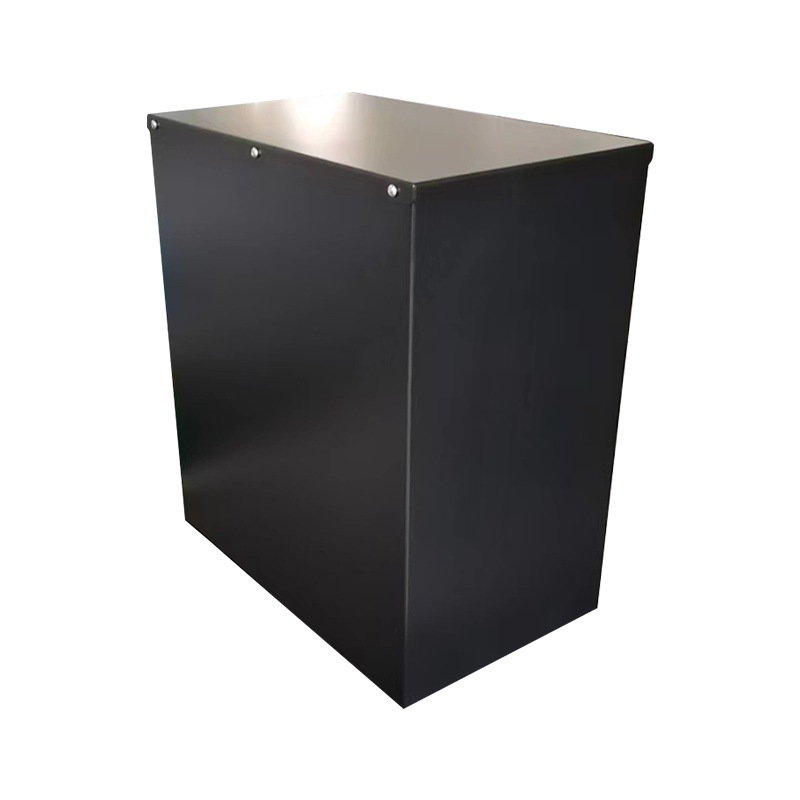

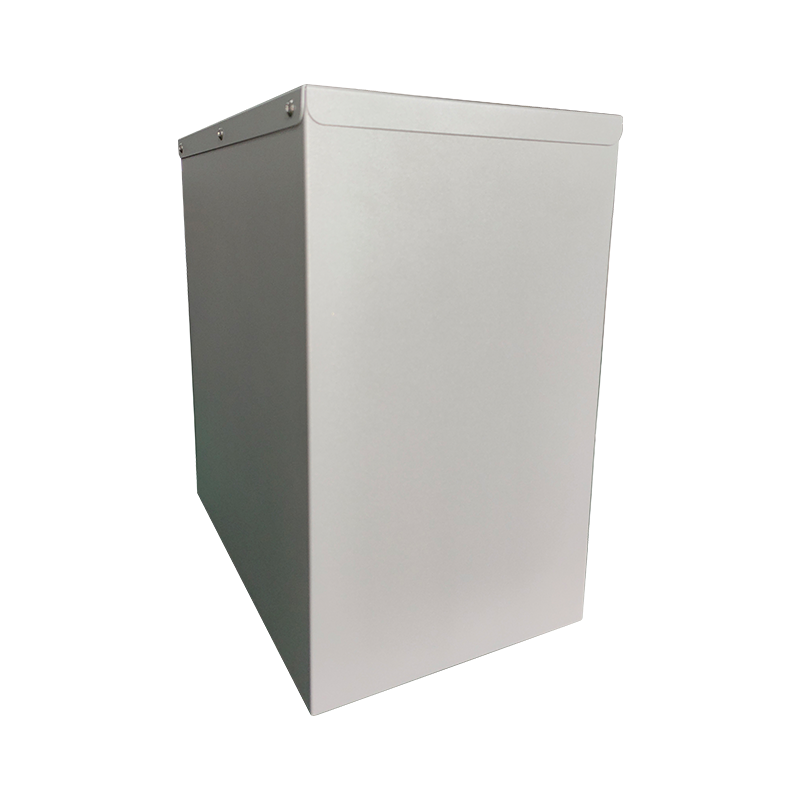

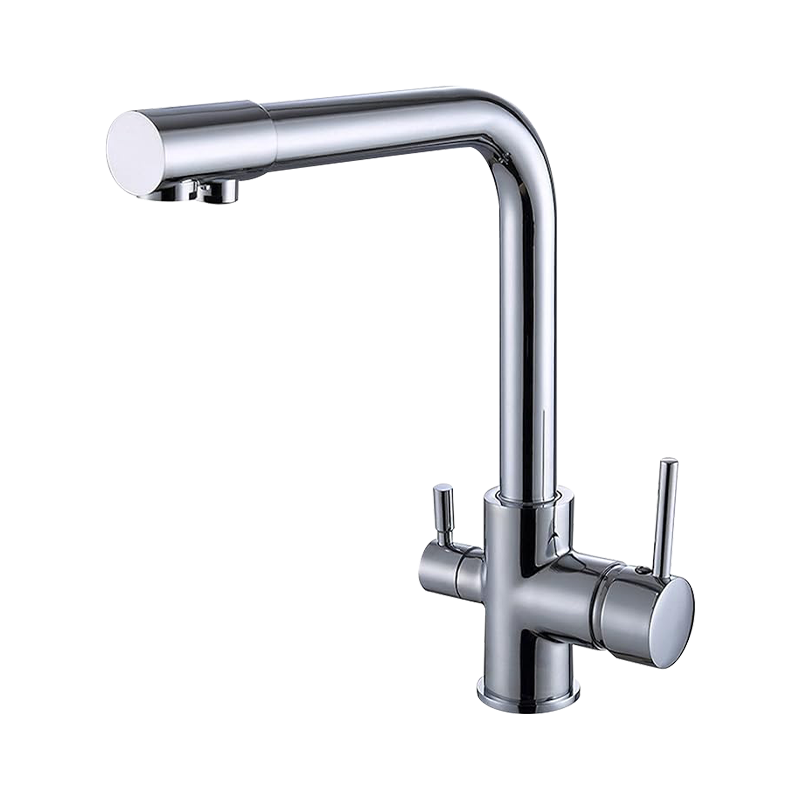
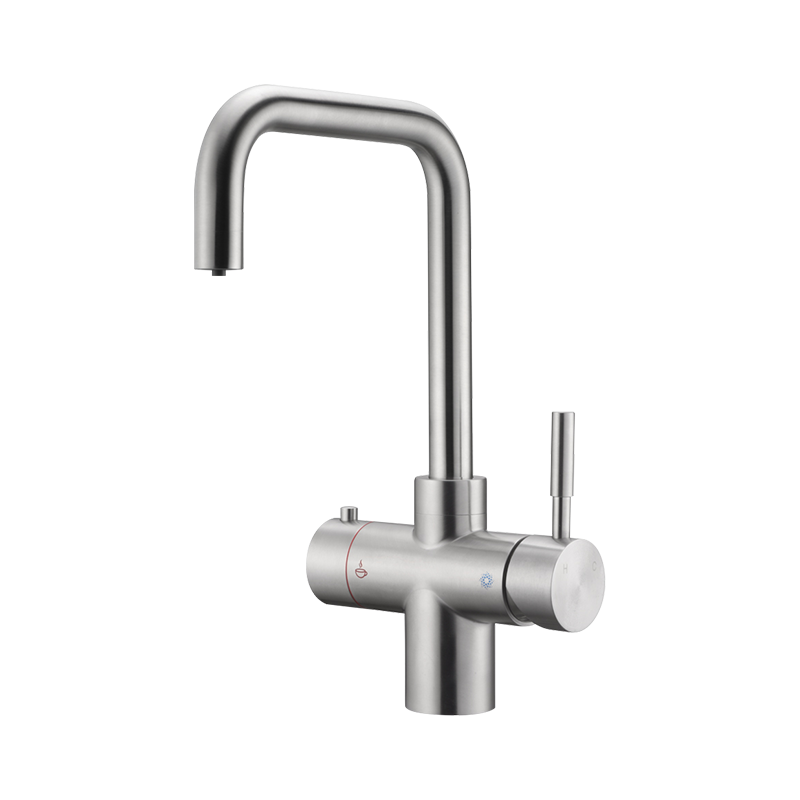
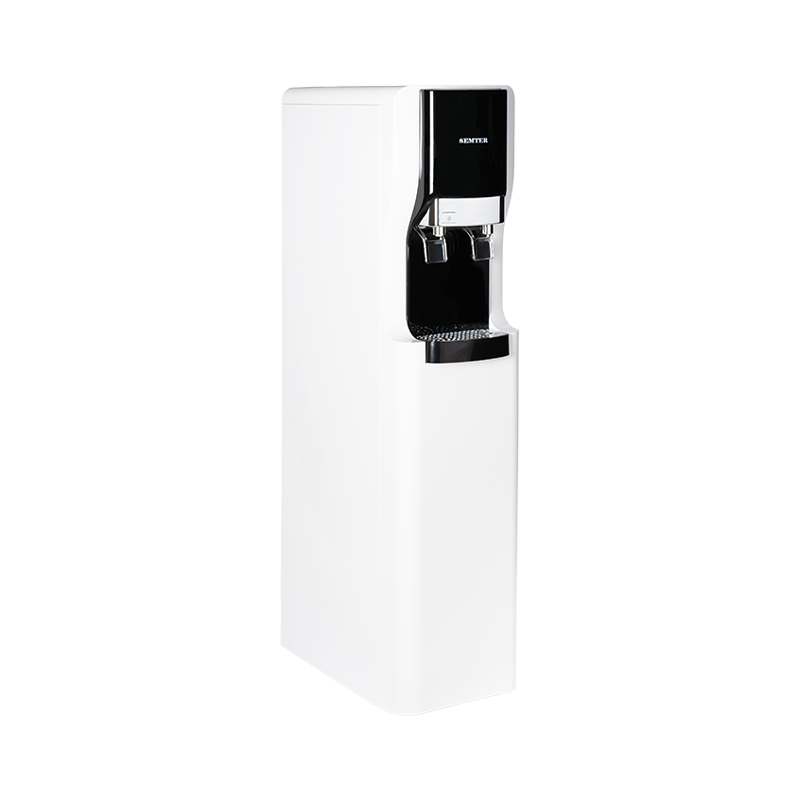
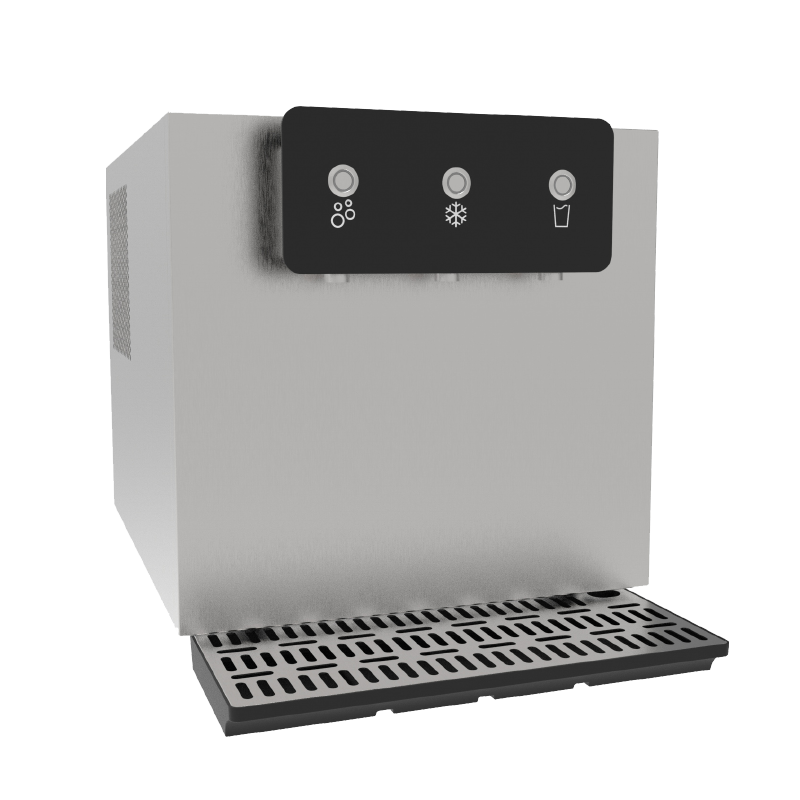
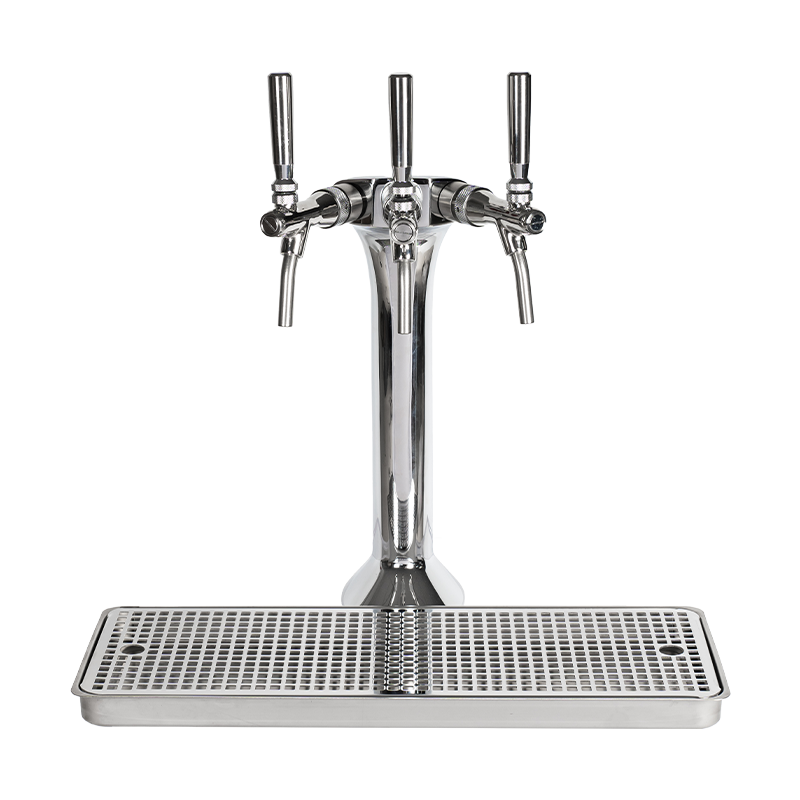
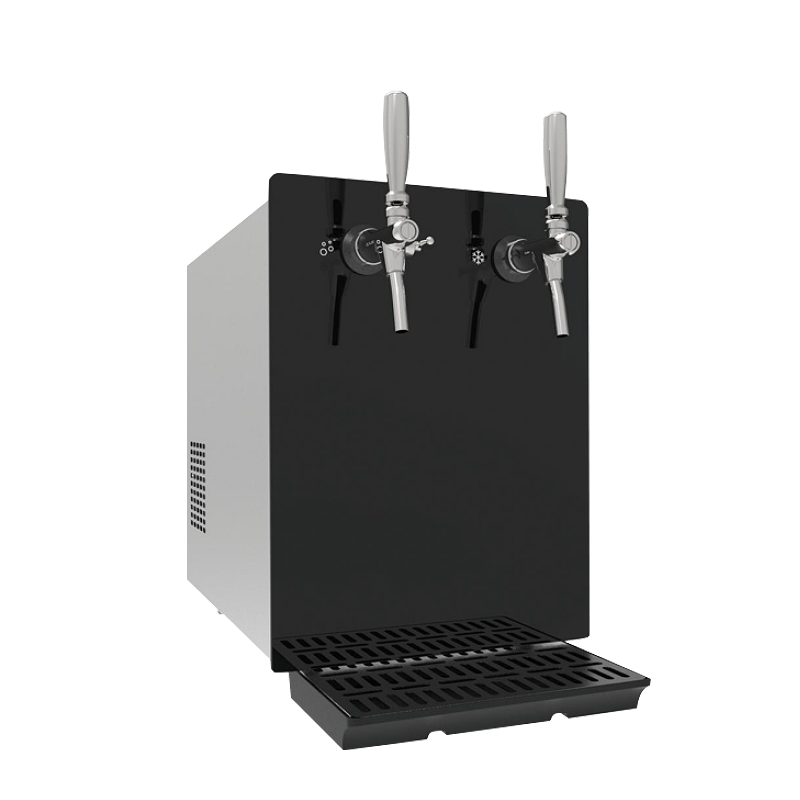
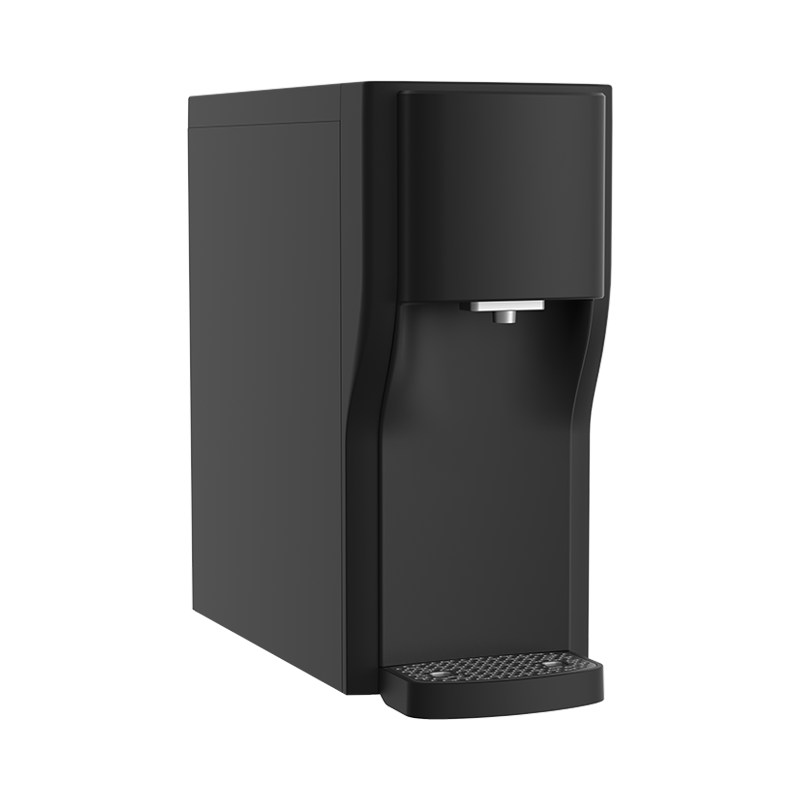
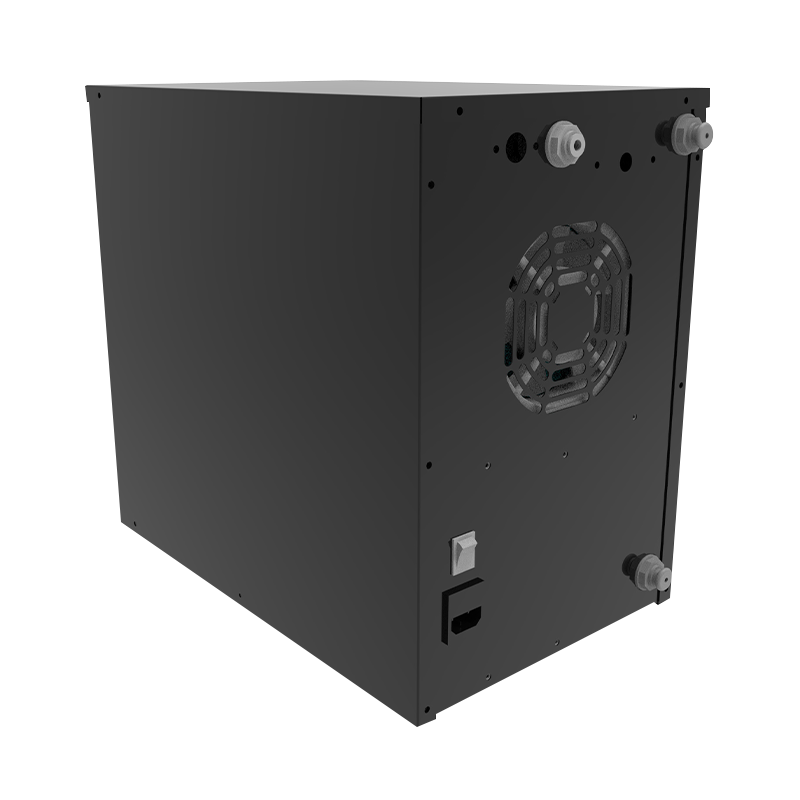
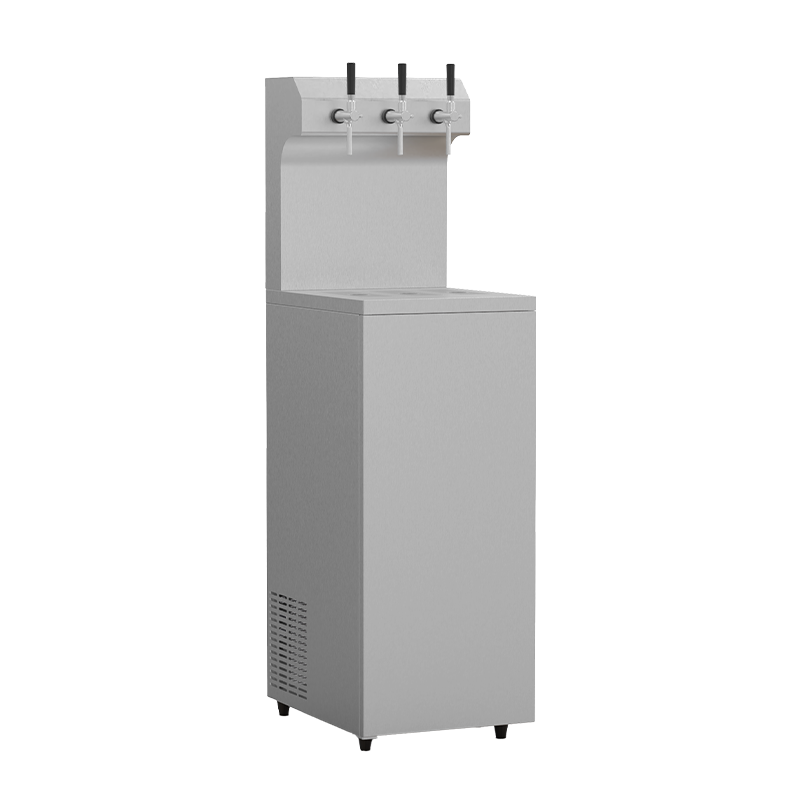
 DIRECCIÓN
DIRECCIÓN CONTACTO
CONTACTO CORREO ELECTRÓNICO
CORREO ELECTRÓNICO